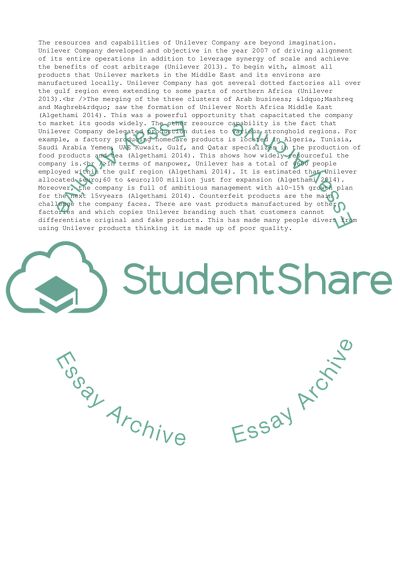Cite this document
(International Business of Unilever Company Case Study Example | Topics and Well Written Essays - 1500 words - 1, n.d.)
International Business of Unilever Company Case Study Example | Topics and Well Written Essays - 1500 words - 1. https://studentshare.org/business/1826673-international-business
International Business of Unilever Company Case Study Example | Topics and Well Written Essays - 1500 words - 1. https://studentshare.org/business/1826673-international-business
(International Business of Unilever Company Case Study Example | Topics and Well Written Essays - 1500 Words - 1)
International Business of Unilever Company Case Study Example | Topics and Well Written Essays - 1500 Words - 1. https://studentshare.org/business/1826673-international-business.
International Business of Unilever Company Case Study Example | Topics and Well Written Essays - 1500 Words - 1. https://studentshare.org/business/1826673-international-business.
“International Business of Unilever Company Case Study Example | Topics and Well Written Essays - 1500 Words - 1”. https://studentshare.org/business/1826673-international-business.


